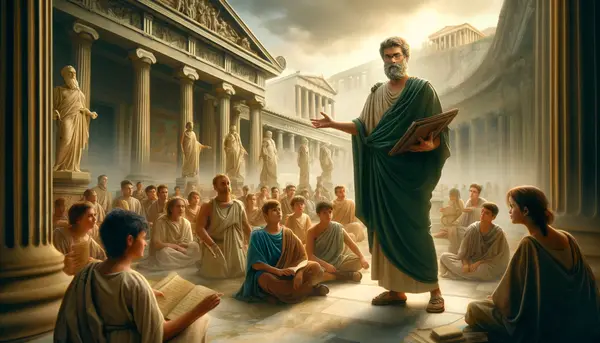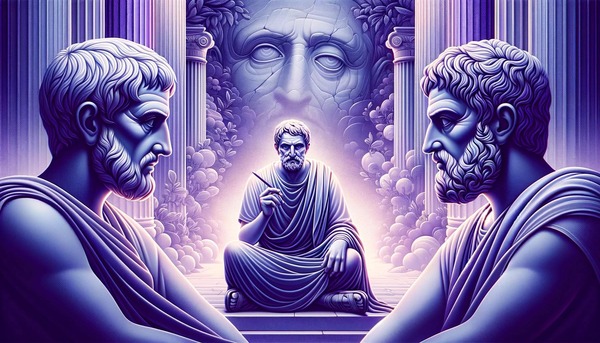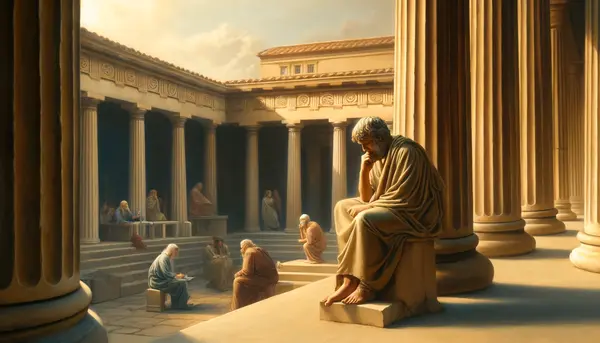Letters from a Stoic 22 – Summary and Key Takeaways
In letters from a stoic 22, Lucilius seems to be holding on his office as a procurator. In letter 19 Seneca has advised him to retire from office and no longer chase other pursuits. In this letter the wise old man gave Lucilius a blueprint on how to completely withdraw himself away from the highly colored occupation. Lucilius and Seneca are both high profiled men in Ancient Rome. To be sure,…




